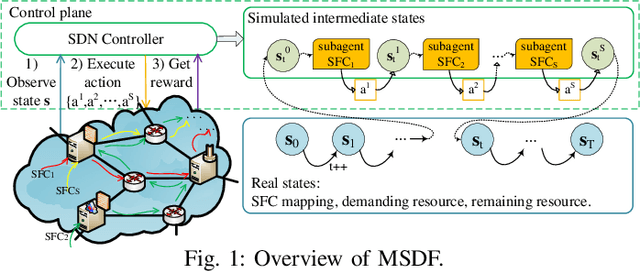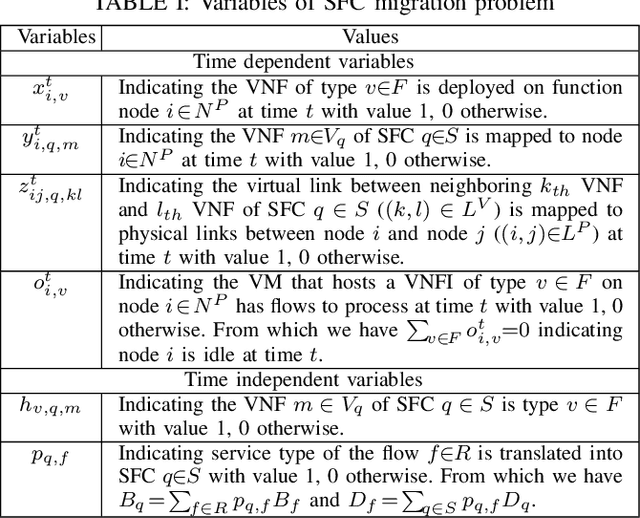Jinxue Liu
IMRecoNet: Learn to Detect in Index Modulation Aided MIMO Systems with Complex Valued Neural Networks
Dec 02, 2021



Abstract:Index modulation (IM) reduces the power consumption and hardware cost of the multiple-input multiple-output (MIMO) system by activating part of the antennas for data transmission. However, IM significantly increases the complexity of the receiver and needs accurate channel estimation to guarantee its performance. To tackle these challenges, in this paper, we design a deep learning (DL) based detector for the IM aided MIMO (IM-MIMO) systems. We first formulate the detection process as a sparse reconstruction problem by utilizing the inherent attributes of IM. Then, based on greedy strategy, we design a DL based detector, called IMRecoNet, to realize this sparse reconstruction process. Different from the general neural networks, we introduce complex value operations to adapt the complex signals in communication systems. To the best of our knowledge, this is the first attempt that introduce complex valued neural network to the design of detector for the IM-MIMO systems. Finally, to verify the adaptability and robustness of the proposed detector, simulations are carried out with consideration of inaccurate channel state information (CSI) and correlated MIMO channels. The simulation results demonstrate that the proposed detector outperforms existing algorithms in terms of antenna recognition accuracy and bit error rate under various scenarios.
MSDF: A Deep Reinforcement Learning Framework for Service Function Chain Migration
Nov 13, 2019



Abstract:Under dynamic traffic, service function chain (SFC) migration is considered as an effective way to improve resource utilization. However, the lack of future network information leads to non-optimal solutions, which motivates us to study reinforcement learning based SFC migration from a long-term perspective. In this paper, we formulate the SFC migration problem as a minimization problem with the objective of total network operation cost under constraints of users' quality of service. We firstly design a deep Q-network based algorithm to solve single SFC migration problem, which can adjust migration strategy online without knowing future information. Further, a novel multi-agent cooperative framework, called MSDF, is proposed to address the challenge of considering multiple SFC migration on the basis of single SFC migration. MSDF reduces the complexity thus accelerates the convergence speed, especially in large scale networks. Experimental results demonstrate that MSDF outperforms typical heuristic algorithms under various scenarios.
 Add to Chrome
Add to Chrome Add to Firefox
Add to Firefox Add to Edge
Add to Edge